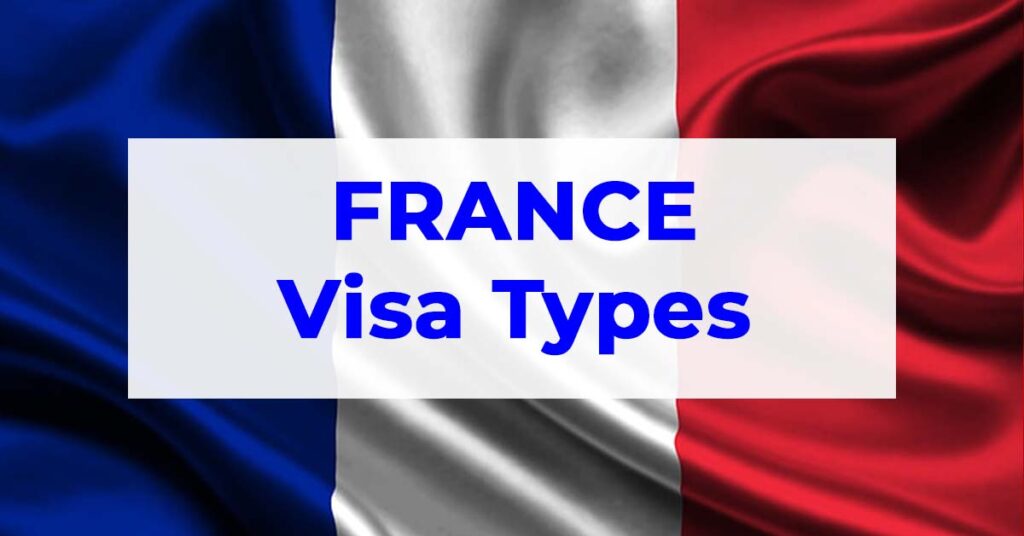France offers a range of visa options tailored to various purposes of visit, such as tourism, study, work, and family reunification. This guide aims to provide comprehensive insights into the different types of visas available for France, helping you understand which visa suits your specific needs.
Table of Contents
Short-Stay Schengen Visas
Tourist Visa
Ideal for those wishing to explore France’s rich culture, history, and landscapes. It allows stays of up to 90 days within a 180-day period for tourism purposes.
Business Visa:
For individuals visiting France for business activities like meetings, conferences, or exhibitions. It requires proof of business activities in France but does not permit employment.
Visitor Visa:
For those visiting family or friends in France. Applicants must provide an invitation from a host in France and show proof of accommodation.
Airport Transit Visa:
Necessary for some nationalities who are transiting through French airports en route to their final destination.
Long-Stay National Visas
Student Visa:
For international students admitted to French educational institutions. It allows students to live and study in France for the duration of their course.
Work Visa:
For individuals who have obtained employment in France. This visa category includes various types of work permits based on the nature and duration of the employment.
Family Reunification Visa:
For family members of French residents or citizens, allowing them to live in France. Applicants must meet specific family relationship criteria.
Talent Passport Visa:
For highly skilled professionals, researchers, artists, and investors. It’s designed to attract talent to contribute to the French economy and culture.
Also read
Other Special Visas
Au Pair Visa:
For young adults wishing to stay with a French family to learn the language and culture while helping with childcare and light housework.
Scientific Visa:
For scientists and researchers working on projects in France, part of the Talent Passport category.
Retirement Visa:
For retirees who wish to spend their retirement years in France. Applicants must prove sufficient financial resources.
Refugee and Asylum Visas
Asylum and Protection:
France adheres to international conventions on refugees and human rights, offering protection to individuals who face persecution in their home countries. Asylum seekers must apply within France and undergo a detailed assessment process by French authorities.
Long-Term Resident Visa
Long-Term Resident-EU:
For non-EU nationals who have lived in France for an extended period (usually five years), offering a pathway to long-term residency and access to broader socio-economic rights.
End Note:
Each type of French visa serves a specific purpose and has its own application process and requirements. For the most accurate and up-to-date information, consult the official French government website on visas and immigration. France Official Website: https://france-visas.gouv.fr/en/web/france-visas/home
This guide provides a clear overview of the different visa options for France, catering to tourists, students, workers, families, and individuals seeking protection. Remember, visa policies and requirements can change, so staying informed through official sources is important.

